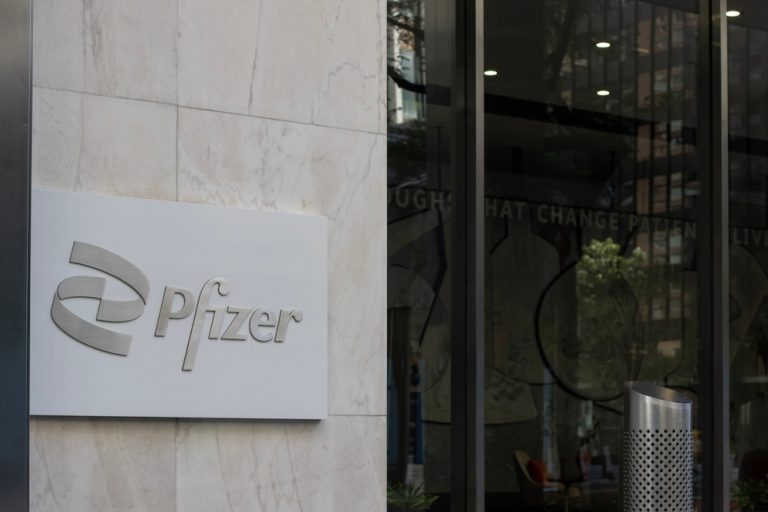In a bold move, Ukrainian President Volodymyr Zelensky has called upon the international community to repurpose the billions of Russian assets seized by global banks towards the reconstruction of war-torn Ukraine. Amid the discussions, the G7 group contemplates redirecting only the accrued value and interest of the frozen assets since 2020. However, as he articulated to the BBC, Zelensky’s stance is far more comprehensive, advocating for the full utilization of these funds. “If the world has $300bn – why not use it?” he questioned, highlighting a pragmatic approach to rebuilding his country without burdening Western taxpayers.
The proposition, though met with enthusiasm from the US and UK, faces skepticism from European central bankers, who are wary of jeopardizing the haven status of their banks and setting a precarious legal precedent. The fear is that such a move could deter other nations from securing their assets in Western financial institutions, thereby unsettling global economic stability. Belgium, a significant holder of these frozen assets due to its pivotal role in the European reserve clearing system, has already initiated a precedent by channelling a portion of the funds to aid Ukraine, raising €2bn.
President Zelensky’s remarks were made on the sidelines of the World Economic Forum in Davos, where he also engaged with leading figures from Wall Street, emphasizing that the financial onus of the war should not fall on Western societies when substantial Russian assets are available for use. This statement underscores the urgency and practicality in reallocating the frozen assets towards the reconstruction efforts in Ukraine, devastated by Russian aggression.
The discourse on this matter reveals a divide within the global financial community, with concerns about the implications of such a move on the sanctity of central banking and the potential ‘weaponization’ of economic systems. Bill Winters, CEO of Standard Chartered, reflected on the mixed responses this proposal might elicit, acknowledging the moral imperative to act and cautioning against the ramifications for global financial dynamics, particularly the role of the US dollar.
President Zelensky’s call to action presents a formidable debate on the intersection of finance, legality, and morality in international relations. As Ukraine continues to bear the brunt of the conflict, the global community faces a pivotal decision that could redefine the norms of financial assets and their role in geopolitical disputes. The outcome of this debate could shape the future of Ukraine’s reconstruction and signal a new era in utilizing frozen assets as a tool for justice and restoration.























+ There are no comments
Add yours